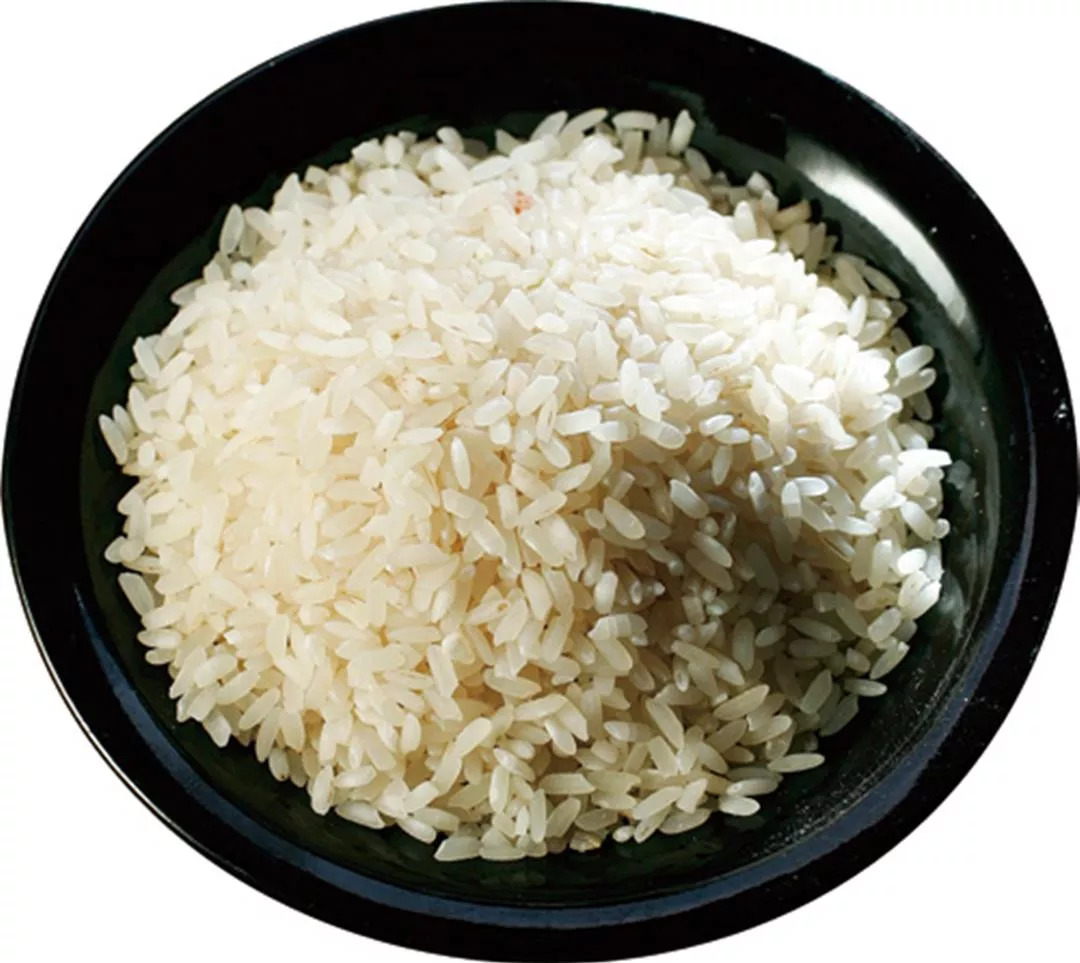When in Yilan...
In 2002, Ah Yen returned to Yilan, bringing along her experience with Japanese agriculture. She started off by planting vegetables on a plot of riverside land just under the Lanyang Bridge in Wujie Township. In that spot there is a small park and about 10 or so hectares of riverside land belonging to the county government, where the local residents had been planting vegetables on the assumption that "possession is nine points of the law." Ah Yen, being in Yilan, did what the Yilanians did, and carved herself out a plot of 5000 square meters. The first year she planted over 30 types of veggies, but only three varieties survived, earning her a mere NT$3000.
"The soil was exhausted," says Ah Yen. So, via a friend, she managed to gather up dregs from Chinese medicine, which is not contaminated by pesticides or heavy metals, added some weeds and crushed bean dregs, let the mix naturally compost, and then fed it into the earth. It was only then that the soil quality began to improve, and today there are worms winding in and out of it, not only helping her aerate the land, but also providing a natural fertilizer with their excrement. She says that organic farmers in Japan all make their own fertilizers, which is the best way to maintain the ecological balance.
After three years of cultivating, even Ah Yen's mother, who was initially convinced that it was not worth the cost or effort to grow rice even for your own dining table, started to gain confidence in Ah Yen's skill, which is why she decided to let Ah Yen have a go at the family's own land. The first year Ah Yen earned several tens of thousands of NT dollars selling her product.
In 2006 Ah Yen noticed that the Yilan farmers' association was sponsoring a "Piao Niao" agriculture experience camp, and she and her younger brother signed up. (For more on these camps, organized by the Council of Agriculture to train a new generation of farmers, see "Take Me Home, Country Roads" in our last issue.) She thought that perhaps through the association she could rent a big, cheap parcel of land and expand the scale of her operations. Only then did she discover that it costs NT$150,000 per year to rent even just 2000 square meters of land in that area, and she had to abandon her idea.
Ah Yen says straight out that the Piao Niao agricultural experience camp (which is designed for novices) didn't teach an old agriculture student like her much in terms of cultivation techniques, but she applauds the agricultural agencies for the sincerity of their efforts. For example, the Piao Niao website (http://straybirds.coa. gov.tw) has become an information and advertising platform for people who have been through the program.
Ah Yen's farm is segmented into small pieces, and she plants a wide array of crops, taking the "small volume, wide variety" approach to marketing. So far her sales of vegetables and rice have depended entirely upon word of mouth, with customers coming right to her house to buy or hiring private delivery services to go door to door. Besides raising rice and veggies, she also makes processed goods like black-bean soy sauce, Japanese-style miso, Korean-style kimchi, and Taiwanese sauerkraut from recipes handed down by her mother, an excellent cook.

Ah Yen insists on sun-drying her rice the traditional way; people who have tried it always rave about the taste.